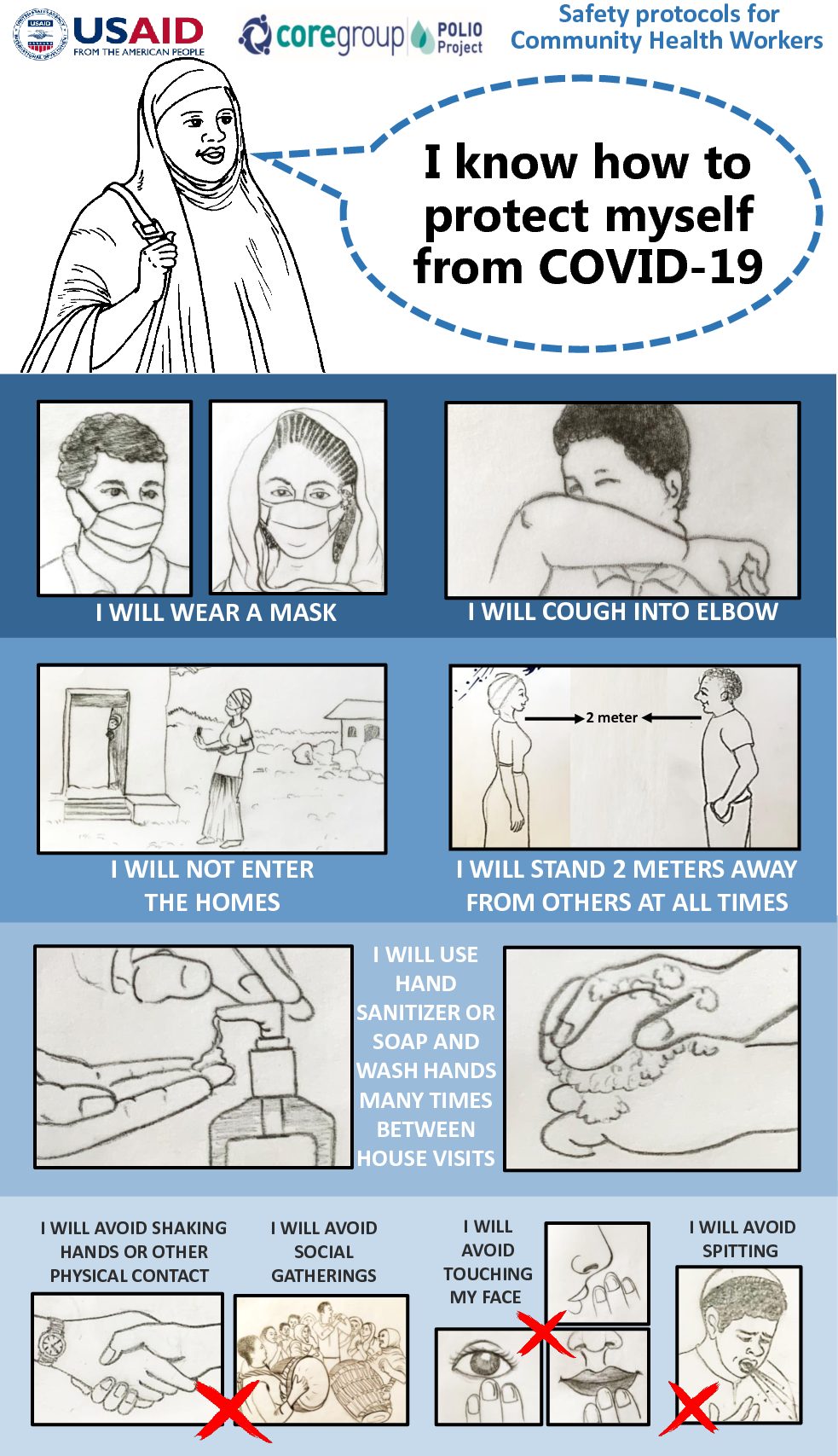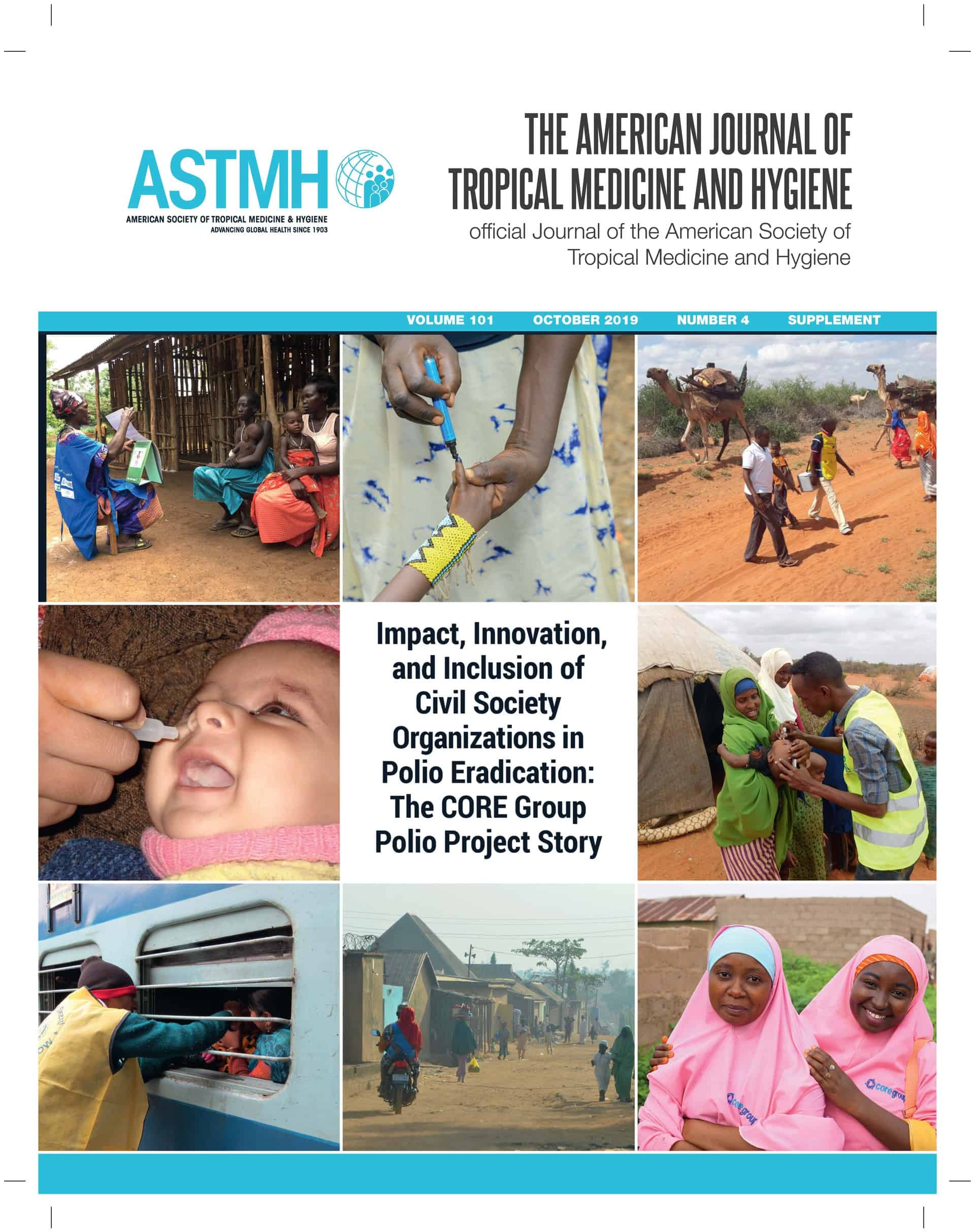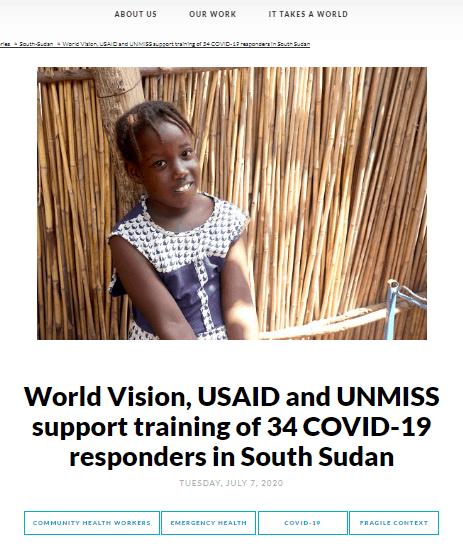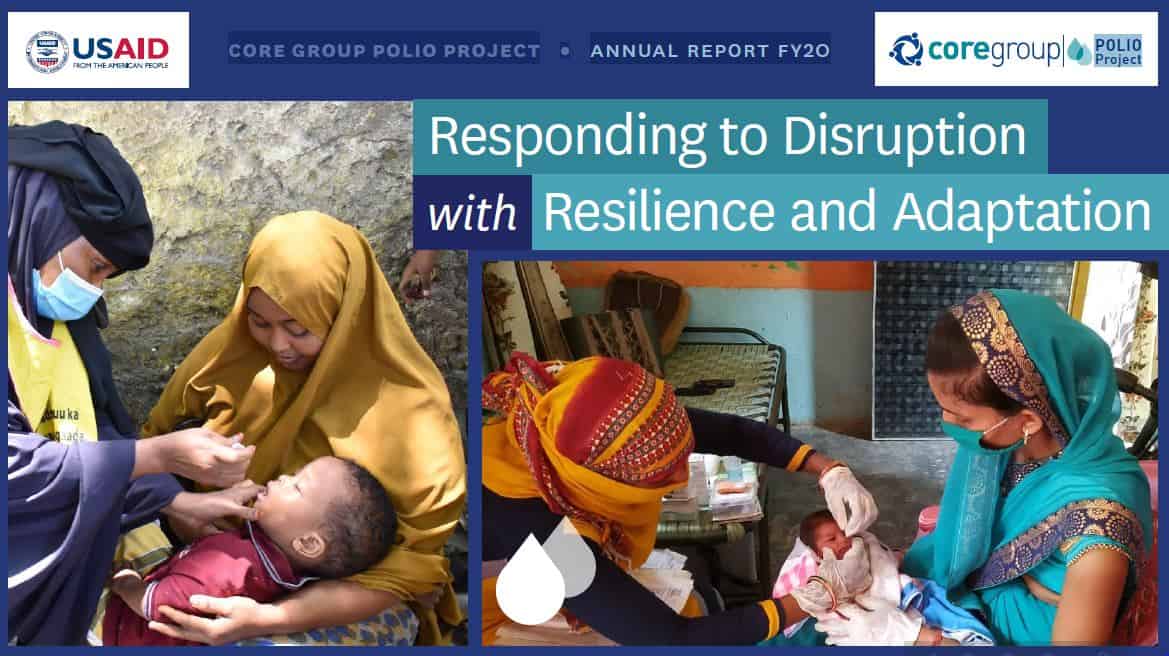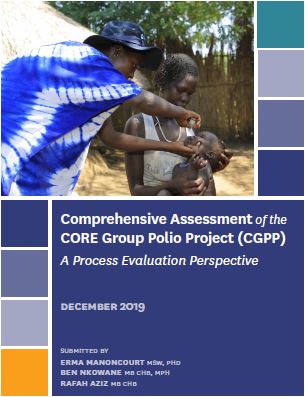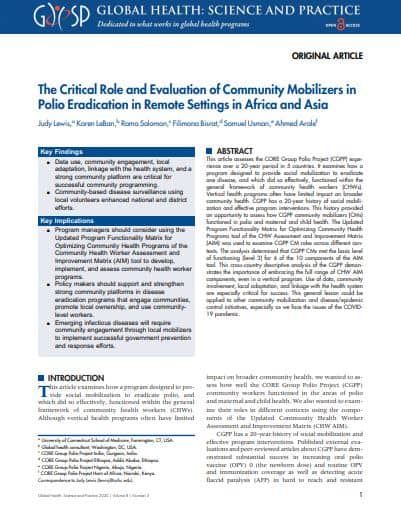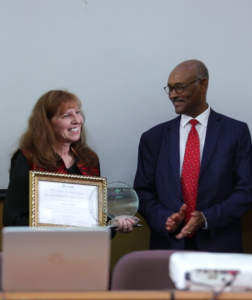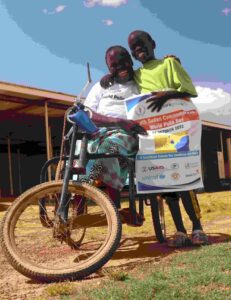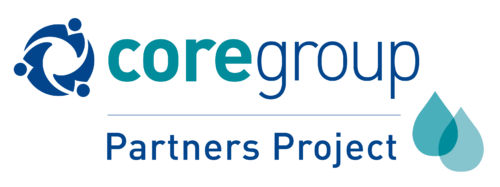
WHO WE ARE
The CORE Group Partners Project (CGPP) is a multi-country, multi-partner initiative providing financial and technical support for strengthening host country efforts to eradicate polio, strengthen surveillance of zoonotic diseases, and control the spread of COVID-19. For over 20 years, this USAID flagship project, which initially only focused on polio eradication, has since used its infrastructure to expand to include the Global Health Security and COVID-19.
CGPP’s main priority continues to be eradicating global polio through strengthening polio vaccination uptake, improving quality of campaigns and routine vaccination, surveilling acute flaccid paralysis, and fostering polio partnerships at all levels through civil societies and community networks that predominantly rely on female community health workers. In addition, the project strengthens surveillance for infectious diseases that are threats to both humans and animals as well as COVID-19 prevention, through vaccination services integrated within our polio platforms.
CGPP recently went through a name change. Formerly known as the CORE Group Polio Project, the project chose to reflect its widened portfolio that now goes beyond polio in its name. Approved by USAID in October 2022, the name is now the CORE Group Partners Project showcasing the expansion of the polio infrastructure to adapt to the needs of the globe: including GHS and COVID-19.
The CGPP’s Integrated Approach
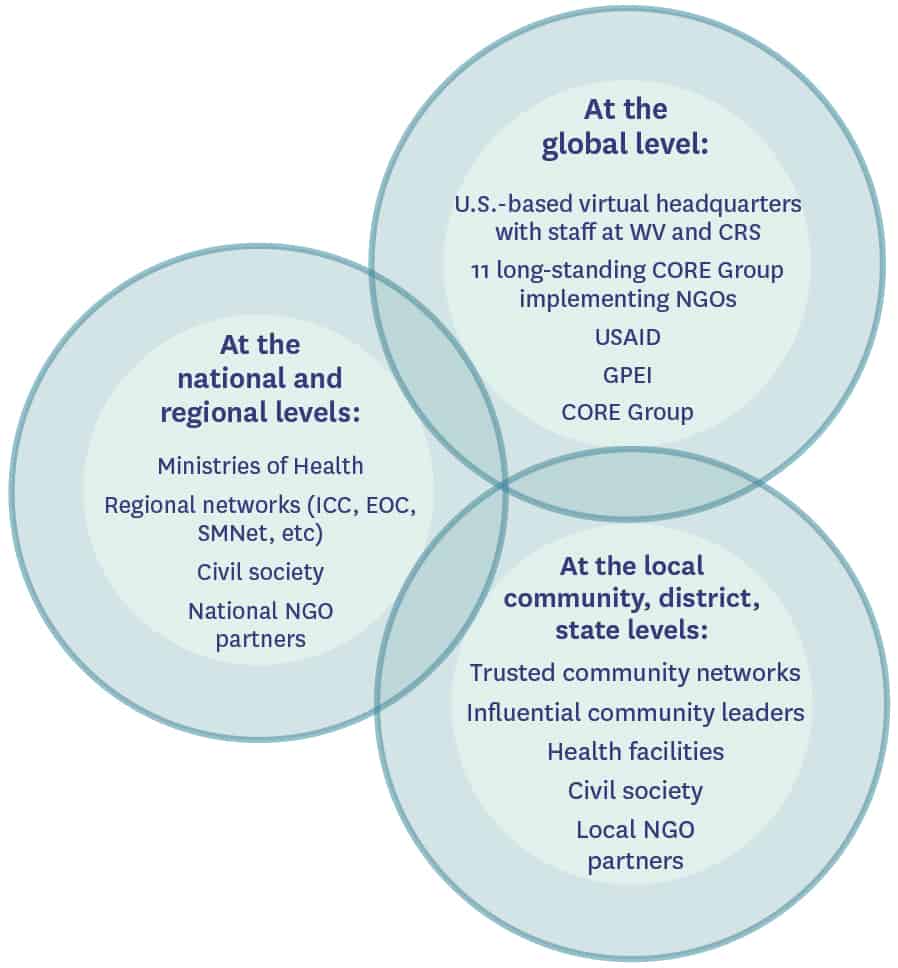
Since 1999, a decentralized and well-established secretariat model of operation guides the project, currently in ten countries. A U.S.-based virtual secretariat serves as a global CGPP liaison, supplying overall coordination, technical assistance, and financial management to maximize and harmonize resources among partners. The Global Polio Eradication Initiative partners establish guiding protocols while the in-country secretariats serve as technical guides overseeing quality and standardization of project implementation specific to their contexts. The project focuses on vulnerable and hard-to-reach areas, prioritizing field needs through community-driven conversations where CGPP and its implementing partners continually identify, register, and review community concerns.
To ensure that communities are at the center of outbreak preparedness, CGPP began bridging global health security efforts (GHS) with the final stages of polio eradication in Kenya and Ethiopia in 2019 and in Nigeria in 2021. CGPP does so by creating strong and synergistic linkages in expanding the scope of acute flaccid paralysis (AFP) surveillance to include additional priority zoonotic diseases. In this regard, community-based surveillance allows communities to detect diseases early and take appropriate action to prevent further spread of the disease, minimize disabilities or deaths, mitigate against future occurrences, influence better health-seeking behaviors, and improve awareness about diseases within the community. Polio health volunteers were trained at the community level to help prevent, detect, and respond to zoonotic disease threats.
When COVID-19 hit the world in 2020, CGPP activated its networks of community health volunteers to conduct community-based surveillance and health promotion as standard outbreak response protocol and expansion of COVID-19 vaccination services to disrupt its transmission.
CGPP operates with 11 international nongovernmental organizations and 22 national and local NGOs in ten countries: Angola, Djibouti, Ethiopia, India, Kenya, Niger, Nigeria, Somalia, South Sudan, and Uganda.
The CGPP Secretariat Model of Operation
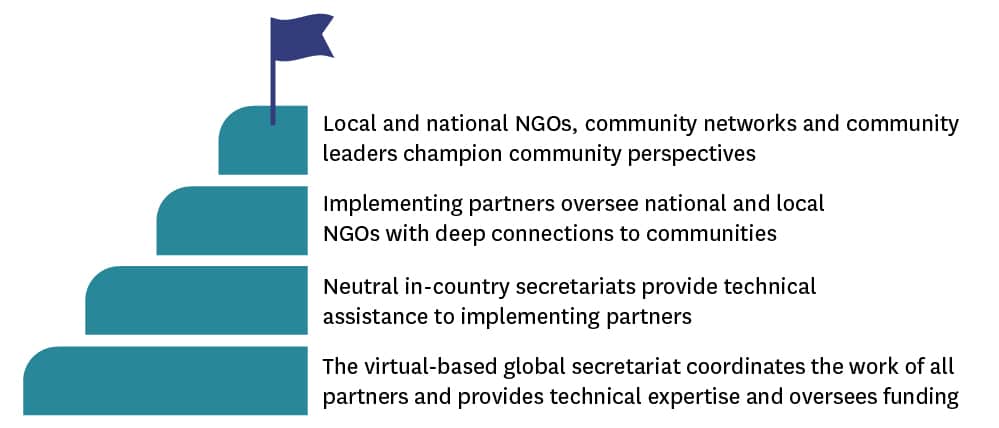
Several CORE Group member organizations came together to implement the CGPP secretariat model, a time-tested mechanism for increasing collaboration and cooperation. Central to the model and each CGPP country site is an in-country secretariat – a small team of neutral, technical advisors, independent from any single implementing partner. The secretariat teams facilitate communication, coordination, and transparent decision-making among all partners – unifying the community-level expertise of iNGOs and local/national NGOs with the international knowledge and strategies of the GPEI partners. All secretariat teams represent bottom-up community perspectives, update partners, and share data and resources from project implementation areas.
At the community level, the CGPP continually identifies, reviews, and prioritizes community needs and complex realities by registering community concerns and sharing diverse data, lessons learned, and effective practices. As a result, the project drives conversations from the community perspective, ensuring shared learning and accountability, informing decision making to formulate practical strategies, and enabling rapid response and action.
The CGPP Communities
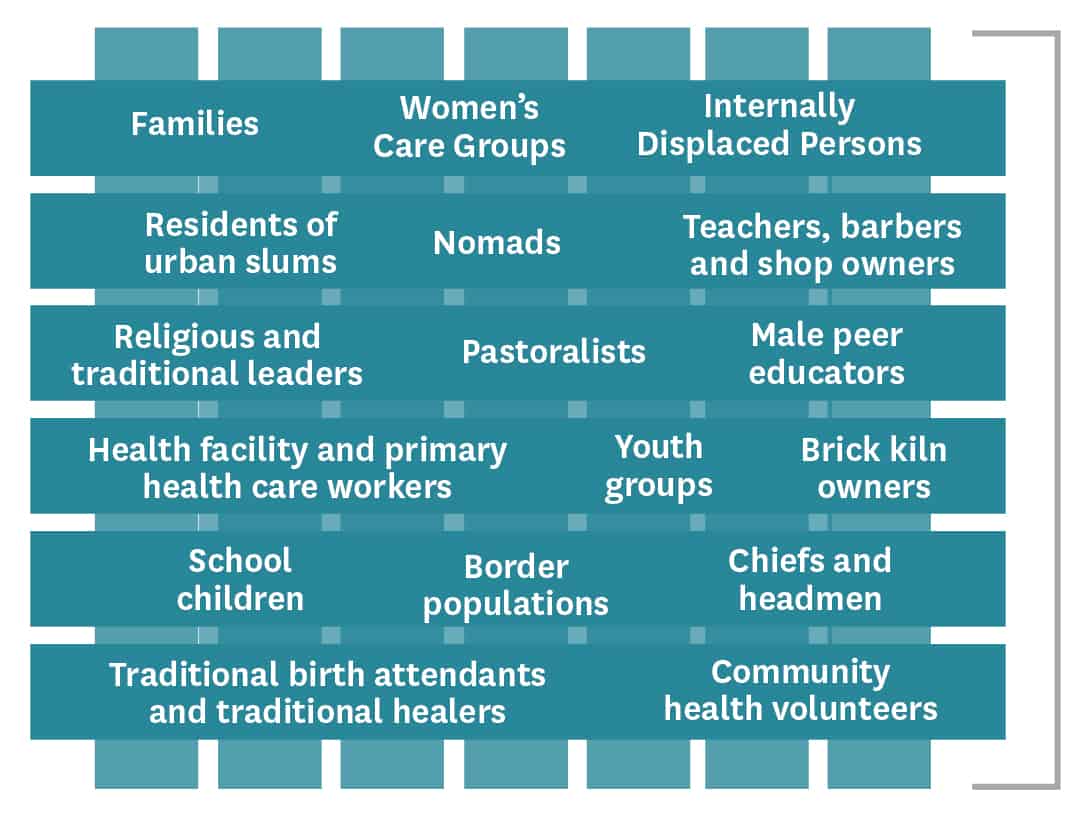
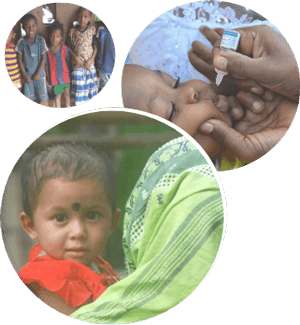
US-Based Global Secretariat Staff
Dr. Hibret Tilahun, Global Project Director / Chief of Party
Ahmed Arale, Deputy Global Director and Technical Lead
Dr. Kathy Stamidis, Global Senior Technical Advisor, MEAL and Program Implementation
Dr. Innocent Rwego, Global Senior Advisor for Global Health Security
Asha Plattner Belsan, Program Manager
Gena Ruocco Thomas, Knowledge Management & Communications Advisor
Judy Ross, Senior Finance Officer
Dominika Cadotte, Senior Grant & Contract Officer
Support where it’s needed most.
Select a country below to find out more about our efforts and the real people on the front lines.
Graduated Countries
BANGLADESH | NEPAL
The Global Health Security Agenda
The Global Health Security Agenda was launched in February 2014 to advance a world safe and secure from infectious disease threats, to bring together nations from all over the world to make new, concrete commitments, and to elevate global health security as a national leaders-level priority. The G7 endorsed the GHSA in June 2014. Since 2016, over 67 countries have signed on to become members on the GHSA. Through a partnership of nations, international organizations, and non-governmental stakeholders, GHSA facilitates collaborative, capacity-building efforts to achieve specific and measurable targets around biological threats, while accelerating achievement of the core capacities required by the World Health Organization’s (WHO’s) International Health Regulations (IHR), the World Organization of Animal Health’s (OIE) Performance of Veterinary Services Pathway, and other relevant global health security frameworks. Achievement of progress towards fulfilling IHR is evaluated by the Joint External Evaluation Tool 2.0.
In 2019, the CGPP program countries of Kenya and Ethiopia integrated national health security priorities to strengthen country capacity to prevent, detect and rapidly respond to infectious disease outbreaks and epidemic threats in communities at heightened risk.
Through a multi-sectoral, One Health approach, the program leverages existing capacities that focus on the training and support of community health workers, outbreak response planning, community-based surveillance, and risk communication to promote global health security as a local, national, and international priority.
Latest Resources
-
CGPP Nigeria’s Country Experience
-
CGPP Ethiopia Towards Eradicating Polio
-
Community Mobilization Coordinators
-
-
-
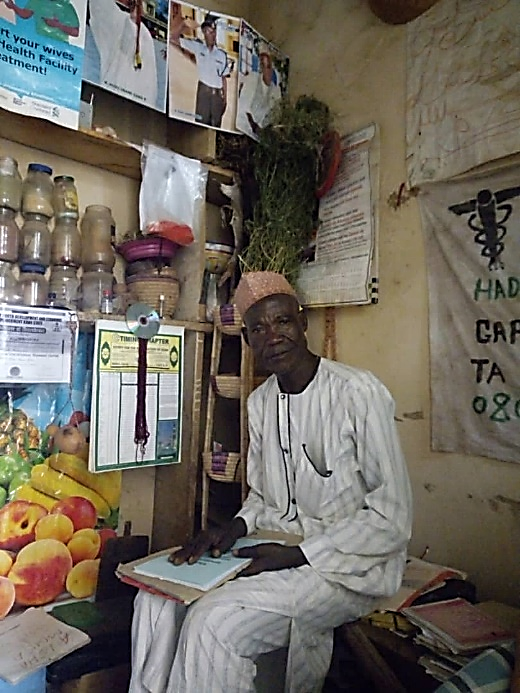
Strengthening Community Surveillance Through Local Healers
-
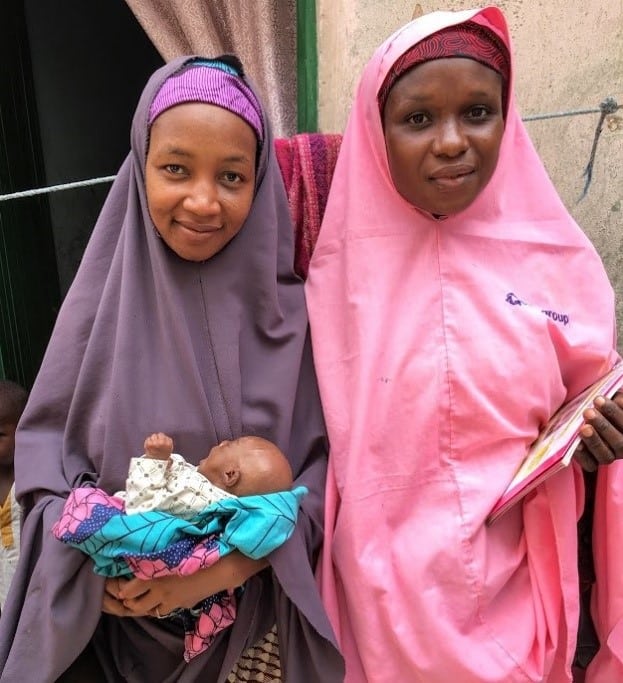
Improving Community Health: A CGPP Model That Works
-
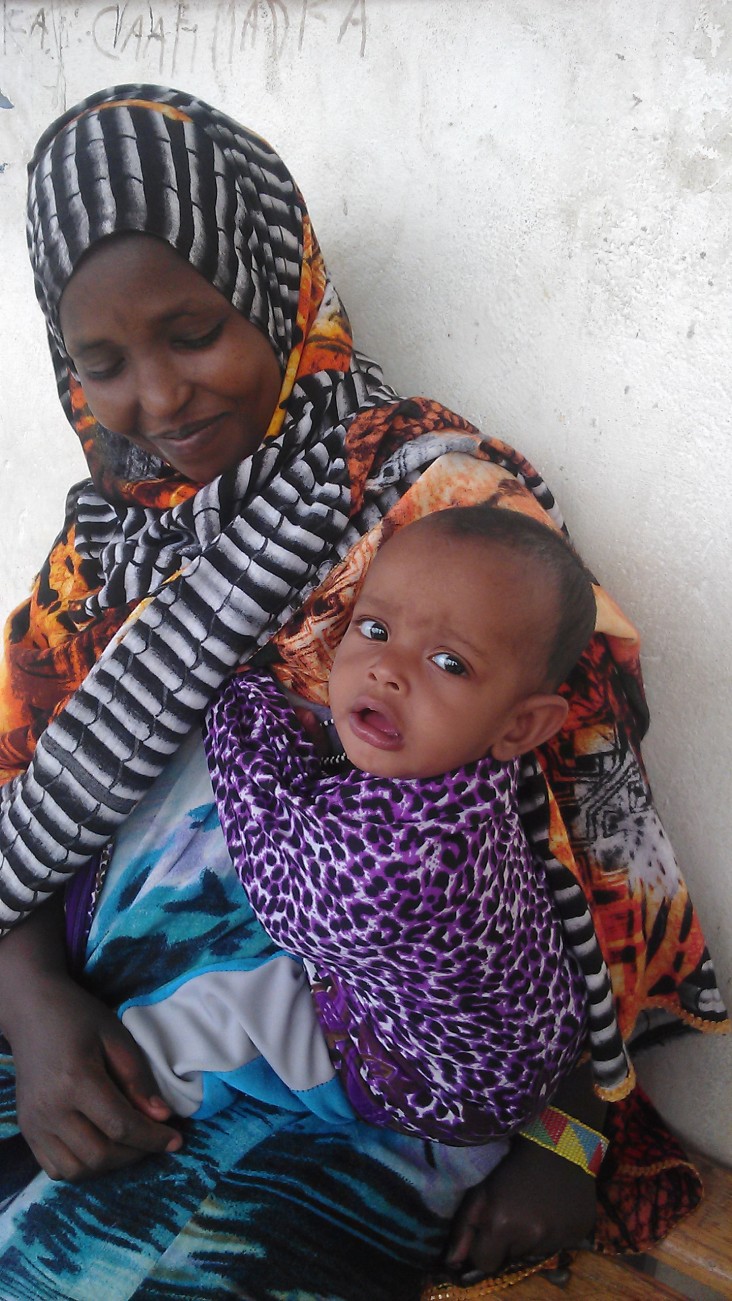
An Ounce of Prevention is Worth a Pound of Cure


